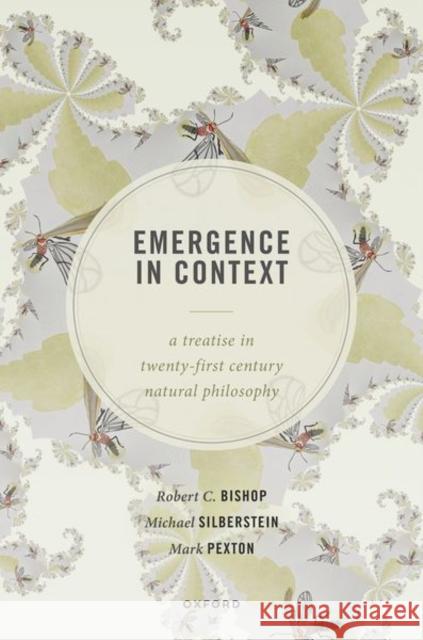Emergence in Context: A Treatise in Twenty-First Century Natural Philosophy » książka
topmenu
Emergence in Context: A Treatise in Twenty-First Century Natural Philosophy
ISBN-13: 9780192849786 / Angielski / Twarda / 2022 / 360 str.
Kategorie BISAC:
Wydawca:
Oxford University Press
Język:
Angielski
ISBN-13:
9780192849786
Rok wydania:
2022
Ilość stron:
360
Wymiary:
23.4 x 15.6
Oprawa:
Twarda
Dodatkowe informacje:
Bibliografia
Wydanie ilustrowane
Wydanie ilustrowane











